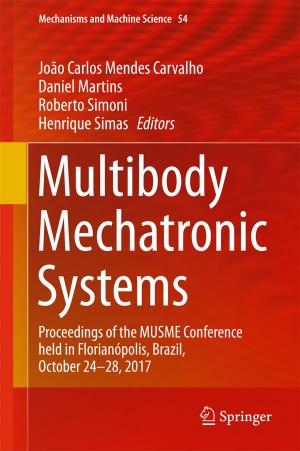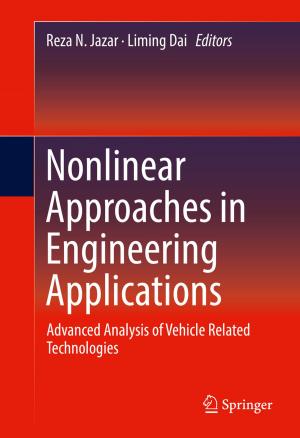ICT Innovations for Sustainability
Nonfiction, Computers, Advanced Computing, Artificial Intelligence, Science & Nature, Science, Biological Sciences, Environmental Science, General Computing| Author: | ISBN: | 9783319092287 | |
| Publisher: | Springer International Publishing | Publication: | August 6, 2014 |
| Imprint: | Springer | Language: | English |
| Author: | |
| ISBN: | 9783319092287 |
| Publisher: | Springer International Publishing |
| Publication: | August 6, 2014 |
| Imprint: | Springer |
| Language: | English |
ICT Innovations for Sustainability is an investigation of how information and communication technology can contribute to sustainable development. It presents clear definitions of sustainability, suggesting conceptual frameworks for the positive and negative effects of ICT on sustainable development. It reviews methods of assessing the direct and indirect impact of ICT systems on energy and materials demand, and examines the results of such assessments. In addition, it investigates ICT-based approaches to supporting sustainable patterns of production and consumption, analyzing them at various levels of abstraction – from end-user devices, Internet infrastructure, user behavior, and social practices to macro-economic indicators.
Combining approaches from Computer Science, Information Systems, Human-Computer Interaction, Economics, and Environmental Sciences, the book presents a new, holistic perspective on ICT for Sustainability (ICT4S). It is an indispensable resource for anyone working in the area of ICT for Energy Efficiency, Life Cycle Assessment of ICT, Green IT, Green Information Systems, Environmental Informatics, Energy Informatics, Sustainable HCI, or Computational Sustainability.
ICT Innovations for Sustainability is an investigation of how information and communication technology can contribute to sustainable development. It presents clear definitions of sustainability, suggesting conceptual frameworks for the positive and negative effects of ICT on sustainable development. It reviews methods of assessing the direct and indirect impact of ICT systems on energy and materials demand, and examines the results of such assessments. In addition, it investigates ICT-based approaches to supporting sustainable patterns of production and consumption, analyzing them at various levels of abstraction – from end-user devices, Internet infrastructure, user behavior, and social practices to macro-economic indicators.
Combining approaches from Computer Science, Information Systems, Human-Computer Interaction, Economics, and Environmental Sciences, the book presents a new, holistic perspective on ICT for Sustainability (ICT4S). It is an indispensable resource for anyone working in the area of ICT for Energy Efficiency, Life Cycle Assessment of ICT, Green IT, Green Information Systems, Environmental Informatics, Energy Informatics, Sustainable HCI, or Computational Sustainability.















